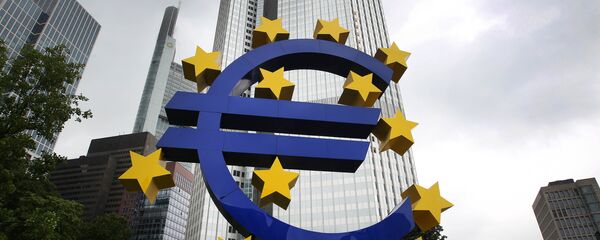Germans are sure that their economy is booming and that they should be rewarded for its strong economic performance. However, such widespread perception is just an illusion, which — to some extent — may even be dangerous, the expert wrote for the German magazine Der Spiegel.
Fratzscher argued that his country can be proud of the fact that it managed to significantly decrease its unemployment rate and create more jobs. He also mentioned that German export companies have become very competitive, while the government itself has managed to generate budget surpluses.
According to the expert, the growth of the German economy is one-sided and unbalanced — it is almost exclusively driven by consumption, while the investment rate remains the lowest among all industrialized countries.
"Despite booming consumer demand, German companies invest less in Germany and more in countries abroad. Companies complain about poor infrastructure, lack of skilled labor forces, […] excessive bureaucracy and false regulations," the expert said.
Moreover, the German market is currently characterized by a rising inequality regarding wealth, income and opportunities, with "far too few people in Germany having a real chance to use their professional skills," the expert argued.
Although, Germany is now at the peak of its economic performance with a high level of competitiveness and a strong labor market, certain sectors require serious improvements.
"However, the experience teaches us that economies often need to be in trouble until politicians demonstrate their will to carry our necessary reforms," Fratzscher said.
"The coming years might therefore be years of missed opportunities," he concluded.






